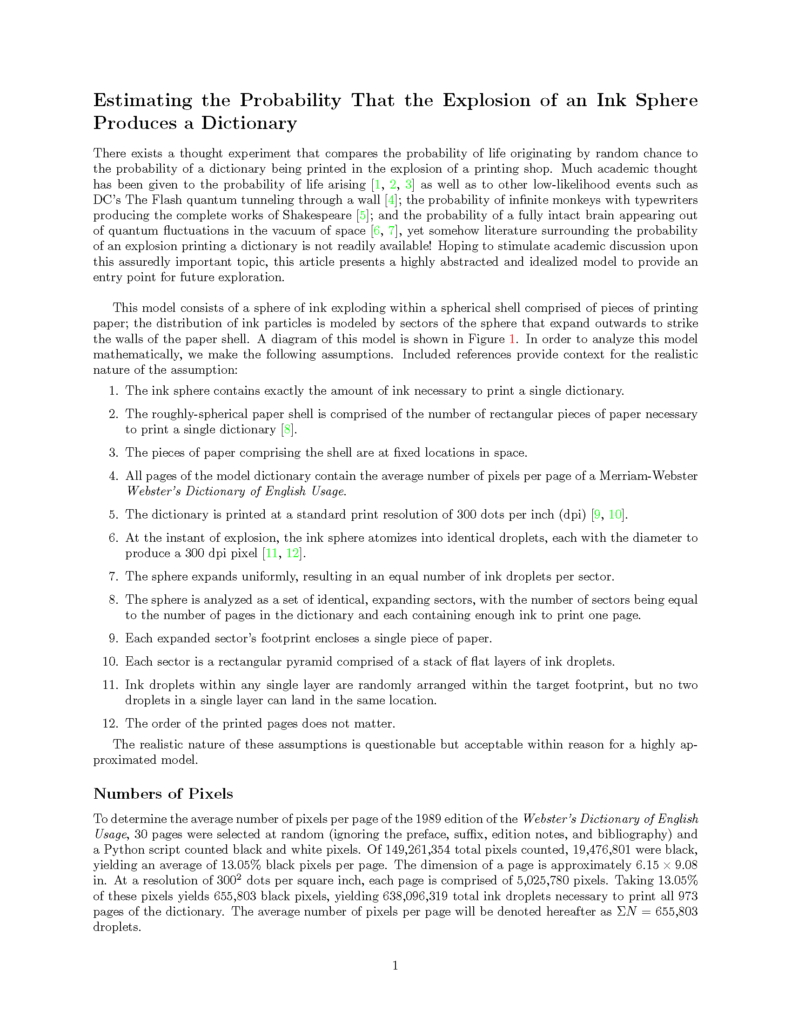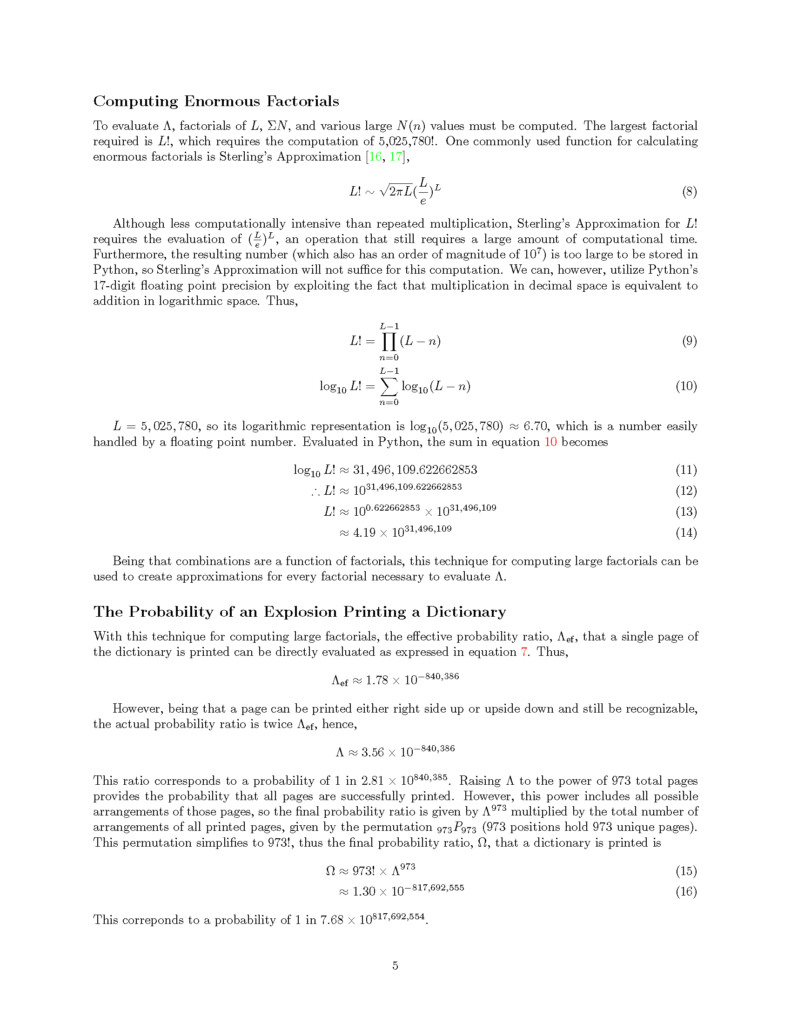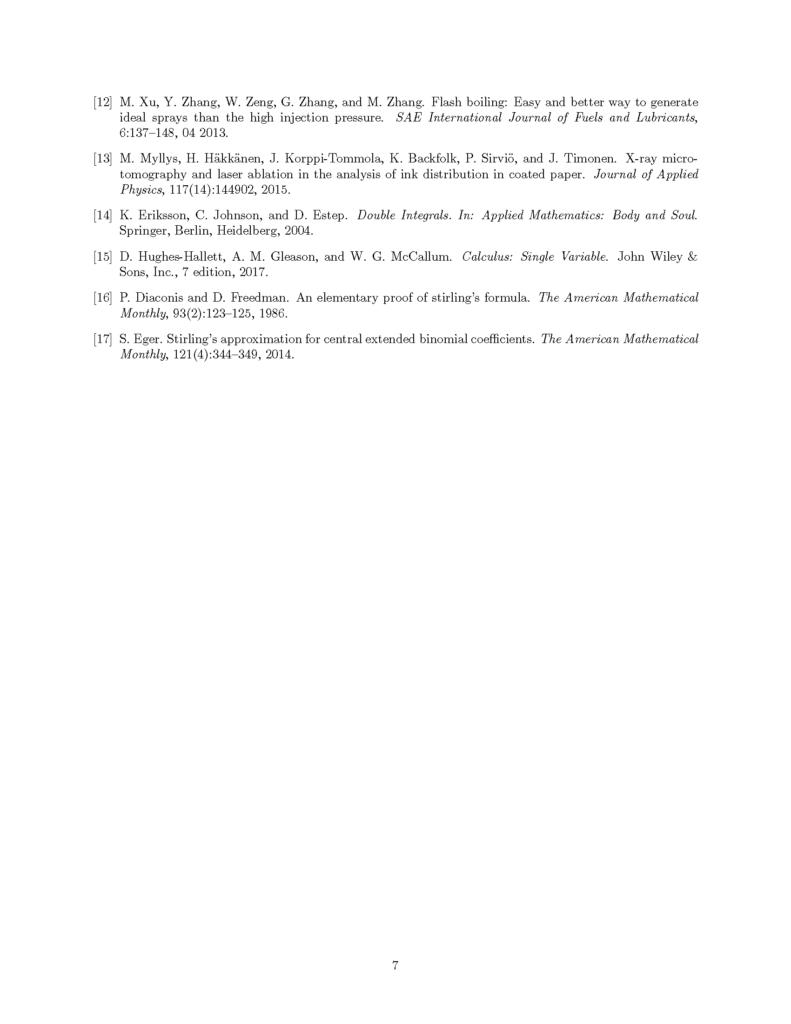CONTRIBUTORS
- Oliver (no, I’d rather not)
- Florian (he/him)
- Jadelin (yes pls)
- Audrey (fuck)
- Kate (the fuck if i know)
- Reuben (*too busy asphyxiating on a water bottle to answer*)
Aries (Mar. 21 – Apr. 19):
It’s going to rain. Bring an umbrella with you. I know Olin is small, but you need it. Your laptop will get waterlogged as you walk across the O. You’ll need to go to IT and you don’t have time for that. Remember IT’s drop in hours are 8:30am – 5pm Monday through Friday. It is useful to bring documentation of your computer’s fuckups, because as soon as you go to IT it will unfuck itself. This may be a feature and not a bug.
Taurus (Apr. 20 – May 20):
Go camping in parcel B. The ticks are your friends. Symbiotic relationship; let them have a snack. If you’re cold they’re cold. Let them have a snack. Bring them inside and treat them to a fancy dinner. Just be sure to respect their dietary restrictions.
Gemini (May 21 – Jun. 20):
You don’t have to do a Passionate Pursuit every semester. Consider an Apathetic Pursuit instead. Find something you don’t care about and do that. Get the school to pay for it. They’ll only approve 1/3rd of what you ask for, so don’t aim too big. Aim small and get even less.
Cancer (Jun. 21 – Jul. 22):
Go to the East Hall basement at 5am and get your friends to teach you how to throw a punch. Remember to disinfect the gloves otherwise you might get hand foot and mouth. Sometimes being the mom friend means making people ramen and tea when they’re drunk. Sometimes being the mom friend means beating the everloving shit out of the people who fuck with your people. Adapt, improvise, overcome.
Leo (Jul. 23 – Aug. 22):
You have nine different light sources. That’s too many. Consider dimming it down a little bit. Take a break, chill a little bit. It’s ok, the world will keep on spinning. Just take a break. Take a fucking break. Self care is important. How do you do self care? Take a nap, install a dimmer switch in your room, smoke lavender by the fire pits, check out a book from the library, mix fireball with apple cider, go for a 24 mile run. That’s a lot of miles.
Virgo (Aug. 23 – Sep. 22):
Congrats, you’re an engineer! Nerd. Have you taken a ZDR class yet? Yes, his lindy hop co-curricular counts. If you haven’t joined that yet, you should. You don’t have to know how to dance. We promise. Check the 3rd floor of the MAC to find a photo of Zach when he was a student in OCO (probably? We don’t know things about music, but Zach is there).. You can also search through the 30 second videos to find one that Zach was in.
Libra (Sep. 23 – Oct. 22):
Have you gotten honor board jury trained yet? If not, you should! Reach out to Neel for more information.
Scorpio (Oct. 23 – Nov. 21):
Show up to the crescent room on Thursdays from 12-1pm. Congrats, you’re shop staff now! Alternatively, you might have accidentally joined Baja leadership. Either way, what a win! Or is it?
Sagittarius (Nov. 22 – Dec. 21):
Did you go to the SERV Auction? Proceeds this year went to the Ocean Conservancy. They conserve the ocean. Do you care about the ocean? You should. It cares about you. So much. Sea levels are rising. The ocean is calling out for help. The ocean is trying to contact you about your car’s extended warranty.
Capricorn (Dec. 22 – Jan. 19):
There are SAD lamps in the library now. They imitate the sunlight. Look into checking one out. I know that most mammals hibernate. Unfortunately, most humans are not supposed to. And when they do, its labeled SAD. That’s what the lights are for. You might have emotional needs. That’s what the SAD lamps are for.
Aquarius (Jan. 20 – Feb. 18):
How’s your AHS concentration going? If you ask rob martello to be your independent study advisor it is probably too late. Ask Callan. We aren’t sure if she is allowed to be an advisor, but she should be. She has excellent advice. Listen to Callan. If you are a member of administration, give the library more money please. We love them very much. If you’re not a member of administration, come hang out in the library! It’s a good time.
Pisces (Feb. 19 – Mar. 20):
Don’t drink the paint water. I know it is tempting, but it is very important that you do not drink it. If you really need to drink something colorful, bring food dye to the dining hall and put it in your milk. Mmmmm colors. Taste the rainbow.






